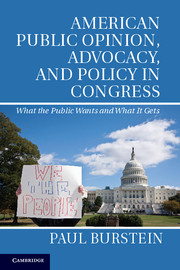7 - Conclusions
Published online by Cambridge University Press: 05 June 2014
Summary
It has been 365 years since the struggle for representative democracy began during the English Revolution. It was then that the Levellers first articulated many ideas still central to democratic thought: that government should be subject to the people, that the rights of citizens should be protected by a written constitution, and that among these rights should be the right to vote, equality before the law, freedom of speech, legal representation, and the right to remain silent during judicial proceedings (Wootton 1992).
Close to 150 years passed before the establishment of the first representative government incorporating many of these ideas – the U.S. government under its current Constitution and Bill of Rights. During the next 150 years, however, demands for representative government became central to politics in much of the West, and since World War II to politics in much of the rest of the world.
The struggle for representative democracy has been predicated upon the belief that if the people of a country win the right to vote and to freedom of speech and association, they can influence their government – the government will pay attention to their demands. For a long time, this belief had to be sustained by argument and faith. There were few (or no) democratic countries whose experience could be used as evidence, and before the rise of modern social science, rigorous analysis of popular control over government was not possible.
- Type
- Chapter
- Information
- American Public Opinion, Advocacy, and Policy in CongressWhat the Public Wants and What It Gets, pp. 160 - 180Publisher: Cambridge University PressPrint publication year: 2014

